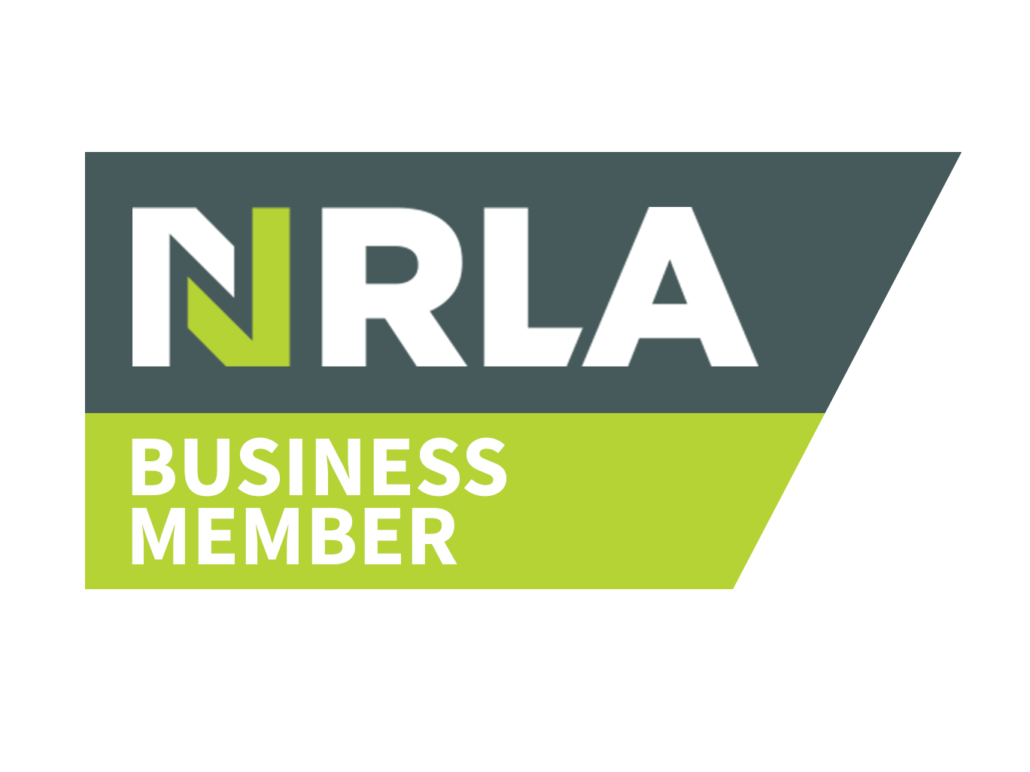A Guide to Tax Implications of Guaranteed Rent for Landlords
Understanding Tax Implications in Guaranteed Rent Schemes
Guaranteed rent schemes are becoming increasingly popular among landlords who are looking for a stable income source in the property investment sector. However, landlords need to understand the tax implications that come with such arrangements. In this guide, we provide a detailed analysis of the tax obligations that landlords need to be aware of when participating in guaranteed rent schemes. We offer valuable insights and actionable advice to help landlords navigate this complex area.
Understanding Guaranteed Rent Schemes
Before delving into tax considerations, let’s recap what guaranteed rent schemes entail. These arrangements involve landlords entering into agreements with property management companies or local authorities. The landlord receives a fixed rental income, typically regardless of whether the property is occupied or the tenant defaults on payments. This provides landlords with a predictable income stream and alleviates the burden of finding and managing tenants.
Tax Treatment of Guaranteed Rent Income
1. Income Tax Considerations
Guaranteed rent received by landlords is typically treated as rental income for tax purposes. This means that landlords must declare the guaranteed rent as part of their annual income and pay income tax on it at the applicable tax rate. Landlords need to keep accurate records of their rental income and expenses to facilitate tax calculations and ensure compliance with HMRC regulations.
2. Expenses and Deductions
Landlords participating in guaranteed rent schemes are still entitled to claim allowable expenses against their rental income for tax purposes. These expenses may include mortgage interest, property maintenance costs, insurance premiums, and management fees. By deducting allowable expenses from their rental income, landlords can reduce their taxable rental profits and lower their overall tax liability.
3. National Insurance Contributions
Landlords receiving guaranteed rent may also be required to pay Class 2 and Class 4 National Insurance contributions (NICs) on their rental income if they meet certain criteria. Class 2 NICs are payable by self-employed individuals earning above the Small Profits Threshold, while Class 4 NICs apply to profits from self-employment above a specified threshold. Landlords should consult with a tax advisor to determine their NIC obligations based on their individual circumstances.
Tax Planning Strategies for Landlords
1. Maximising Allowable Expenses
Landlords should take advantage of all available allowable expenses to minimise their taxable rental income. This may involve keeping detailed records of property-related expenses, such as repairs, maintenance, and professional fees. By claiming legitimate expenses, landlords can reduce their tax liability and maximise their net rental income.
2. Utilising Tax Reliefs and Allowances
Landlords may be eligible for various tax reliefs and allowances. These include the annual tax-free allowance for property income, capital allowances for eligible expenditure, and relief for mortgage interest payments. It’s essential for landlords to stay informed about changes to tax legislation and leverage available reliefs to optimise their tax position.
3. Seeking Professional Advice
Given the complexity of tax regulations and the potential implications for landlords, seeking professional tax advice is highly recommended. A qualified tax advisor can provide tailored guidance based on the landlord’s specific circumstances. They can help navigate tax compliance requirements and identify opportunities for tax optimisation.
Conclusion
In conclusion, while guaranteed rent schemes offer landlords the benefit of predictable income, it’s imperative to consider the tax implications associated with such arrangements. By understanding the tax treatment of guaranteed rent income, maximising allowable expenses, utilising tax reliefs and allowances, and seeking professional advice, landlords can effectively manage their tax obligations. This can help optimise their financial position. Remember, proactive tax planning is key to ensuring compliance with HMRC regulations and maximising returns from property investments.
For landlords navigating the complexities of tax implications in guaranteed rent schemes, informed decision-making and strategic tax planning are essential.By staying abreast of tax regulations, leveraging available reliefs, and seeking professional guidance, landlords can navigate the tax landscape with confidence. They can maximise the benefits of their property investments.
Invest wisely, and may your rental income be tax-efficient!


















